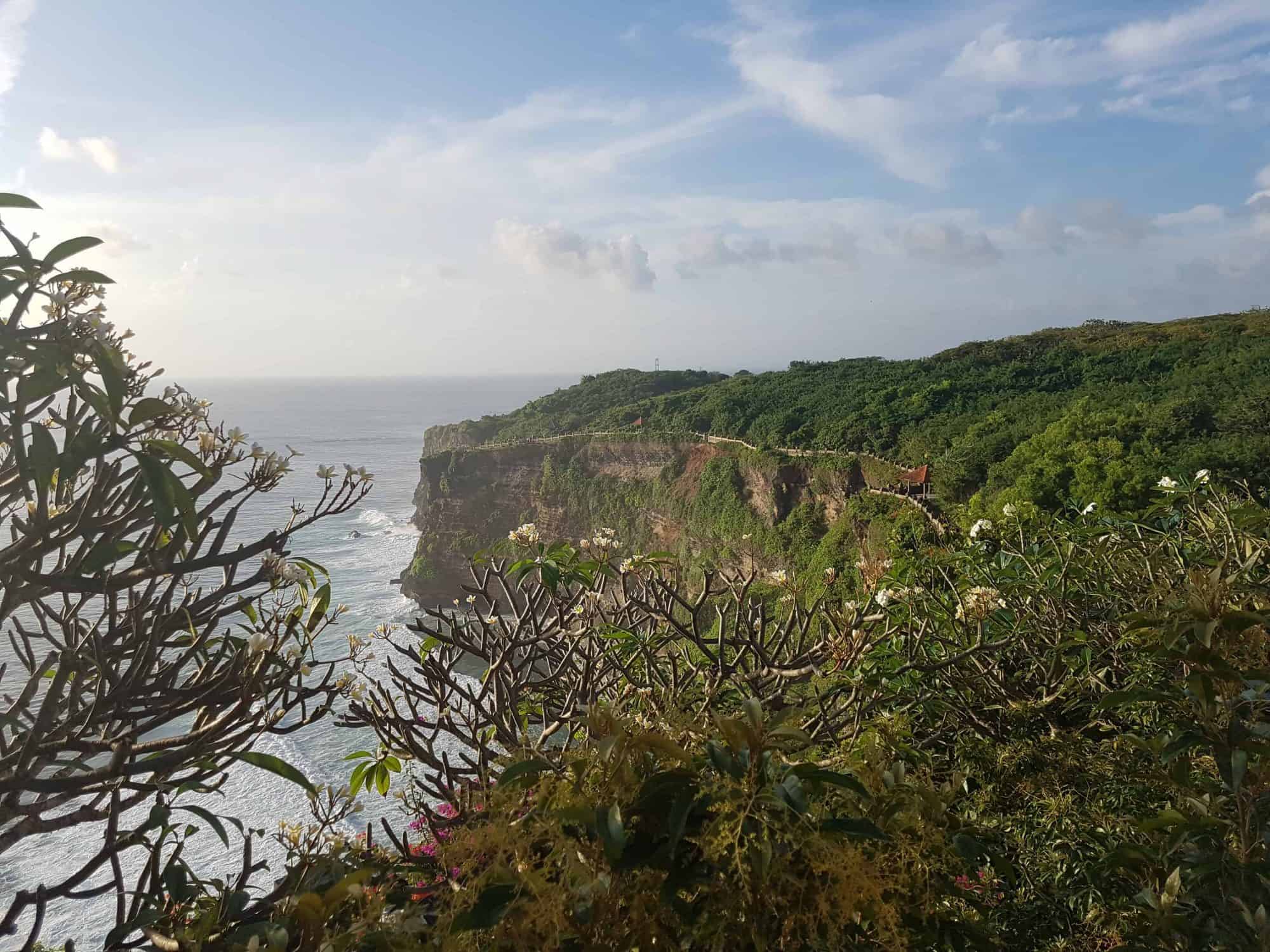Compost worms primarily consist of red wiggler / tiger, African nightcrawler, Indian blue and Brandling. These worms are powerful allies to organic farmers. They assist farmers with various tasks. such as providing oxygen /aeration to roots of the plants through burrowing. Releasing helpful amino acids which can combat diseases in crops. Furthermore worm waste (vermicast/ manure/ humus) is richer in available nitrogen, phosphates, and potassium than the surrounding upper soil. Thus compost worms improve the physical and chemical properties of soil.
When plant and animal wastes are consumed by compost worms the end product is vermicompost a mixture of decomposing organic waste, bedding materials, and vermicast .
Vermicomposting can also be applied in the treatment of sewage. Oxfam uses this same concept for sanitation purposes. Worm toilets have been implemented in various locations around the world. These toilets are particularly useful in developing countries due to their social, environmental and economic advantages.


















